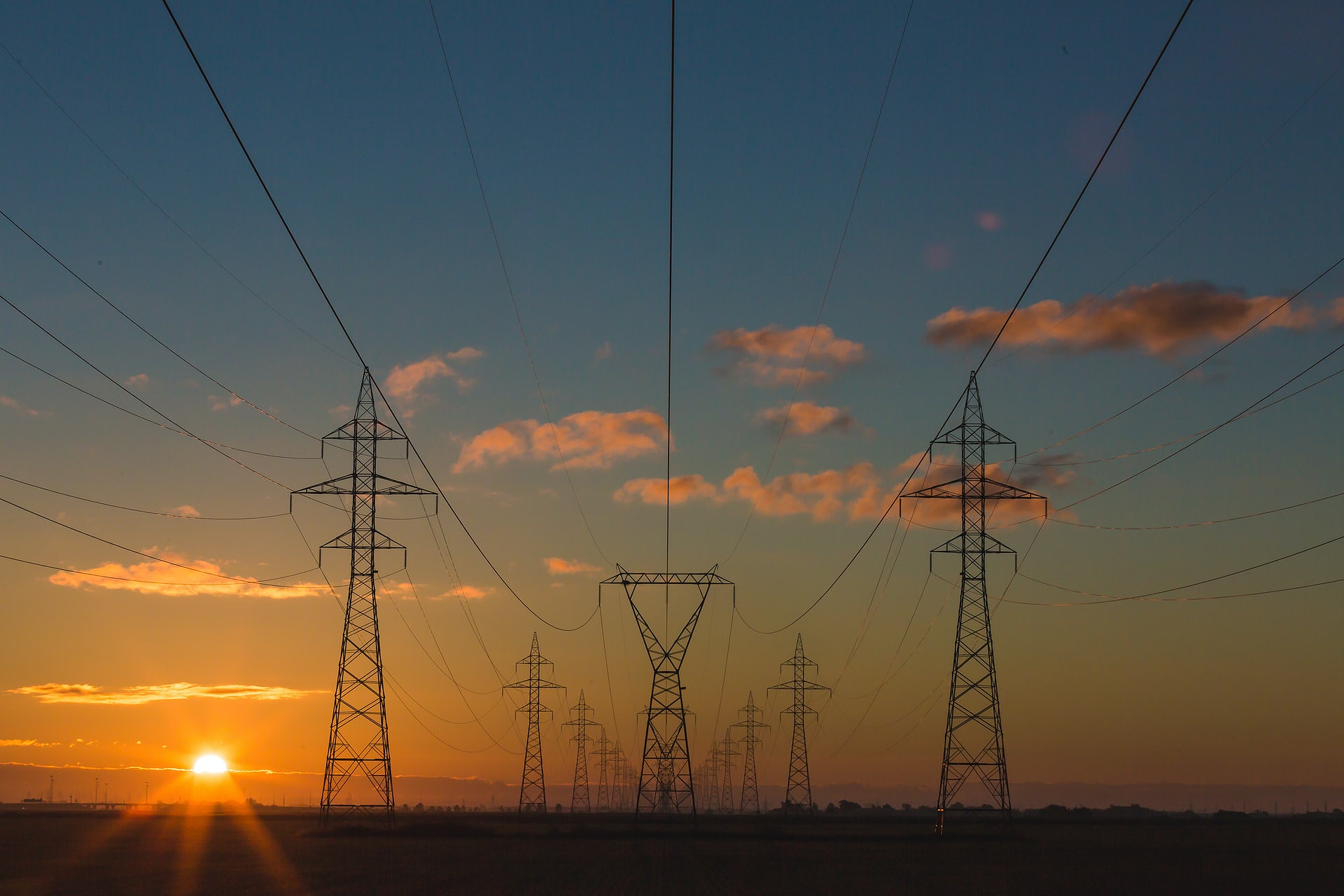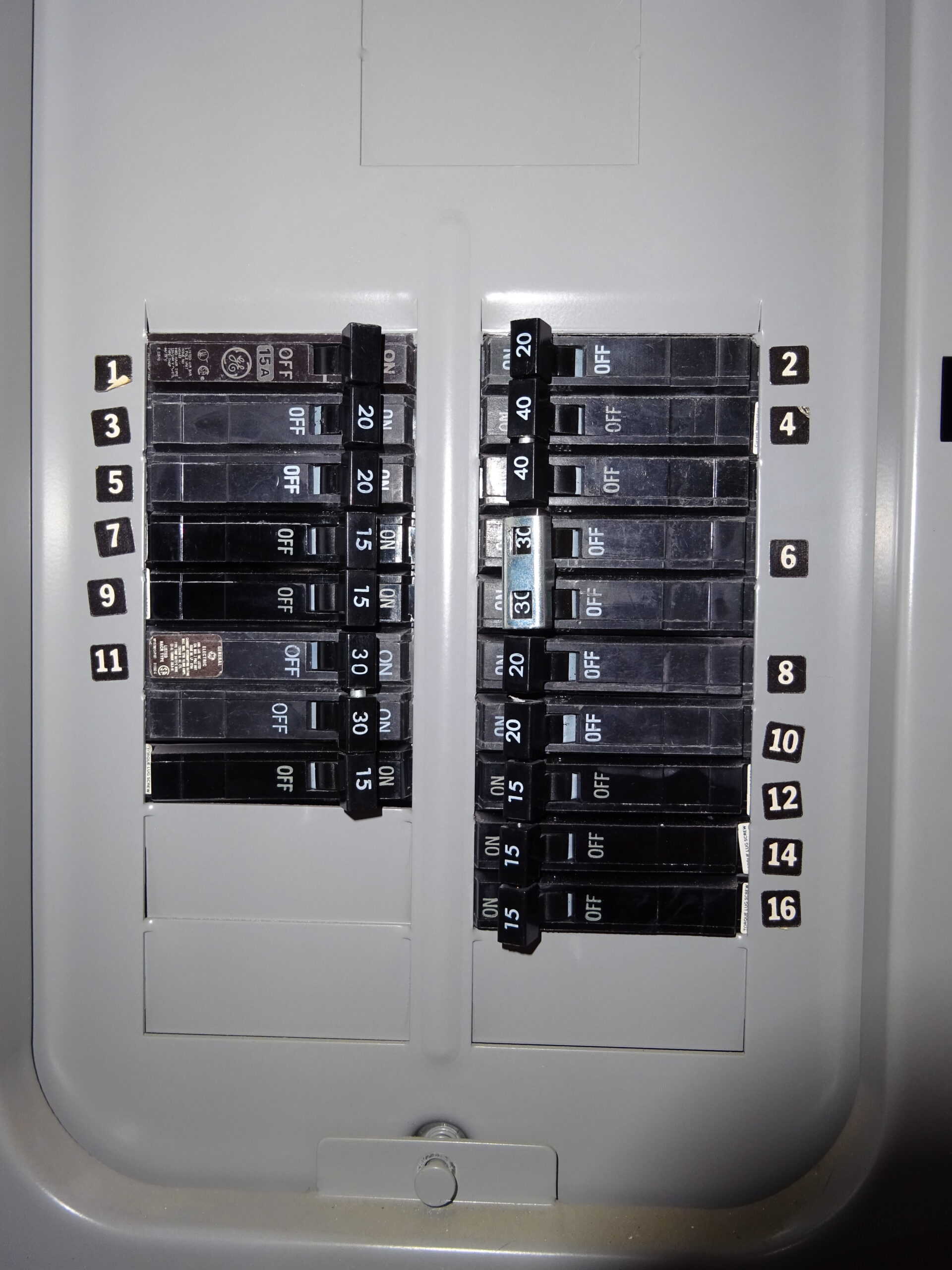The first energy bill you get is kind of fun, kind of exciting – you’re finally an adult!. The 50th energy bill that comes in the mail, that’s a different story. Most of the time, people just look at the biggest number on their monthly energy bill and call it a day.
But, looking at individual charges and parts of your energy bill can help you save money!
Don’t know what you’re at? We can help. Below, we break down your monthly energy bill into the different charges you can expect to see.
Supply Charge on Your Electricity Bill
The supply charge is the cost of producing power. It’s the cost of the electricity sent to you by a provider, covering how much electricity you actually use in a given month. The more electricity you use, the greater your supply charge.
Delivery Charge on Your Electricity Bill
The delivery charge is the fixed cost set by the utility company to transport electricity from their generation site to the consumption site (e.g. your home, office, etc.). The reason for this charge is to help companies maintain their powerlines and other physical equipment.
On your electrical bill, you’ll see several itemized charges that make up the total delivery charge. These itemized charges include:
- Customer Charge: Basic fixed fee for your electric services
- Distribution Energy Charge: Cost of delivering generated electricity from its source to where it needs to be consumed
- Transition Charge: Fee to help utility company recover costs associated with meeting state requirements
- Transmission Charge: Cost to deliver electricity from power-generating facilities to substations closer to your site
- Energy Conservation Charge: State program charge to fund state and utility energy efficiency initiatives
- Renewable Energy Charge: State program charge to help fund state renewable energy measures
- Distribution Demand Charge: (Applies to only commercial and industrial entities) Charge that increases if a substantial amount of electricity is requested during peak hours




